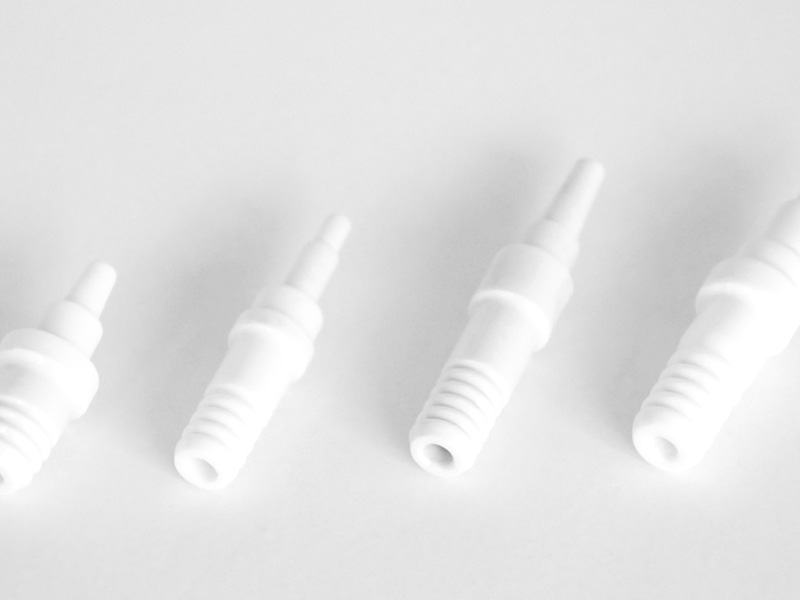Industrial ceramics are a class of materials that are used in a wide range of industrial applications due to their unique combination of properties. Industrial ceramics are typically made from non-metallic, inorganic materials, such as aluminum oxide, silicon carbide, or zirconia, and are characterized by their high hardness, strength, and resistance to wear and corrosion. These properties make industrial ceramics ideal for use in applications that require high levels of durability, reliability, and performance.
One of the key advantages of industrial ceramics is their high hardness and strength. Industrial ceramics can have a hardness up to 10 times greater than that of steel, making them ideal for use in applications that require resistance to wear and abrasion. Additionally, the high strength of industrial ceramics makes them capable of withstanding high stresses and loads, making them suitable for use in high-performance applications such as cutting tools, wear parts, and industrial pumps.
Another advantage of industrial ceramics is their excellent resistance to corrosion and chemical attack. Industrial ceramics are often used in harsh environments, such as chemical processing plants or mining operations, where they must withstand exposure to corrosive materials or harsh chemicals. Because they are non-reactive and inert, industrial ceramics are able to resist corrosion and chemical attack in these environments, reducing maintenance costs and increasing reliability.
Industrial ceramics are also characterized by their high temperature resistance. Many industrial ceramics can withstand temperatures up to 3000°F, making them ideal for use in high-temperature applications such as furnace linings, kiln components, and heat exchangers. Additionally, the high thermal conductivity of industrial ceramics makes them effective at transferring heat, making them ideal for use in applications such as heat sinks and thermocouples.
The unique properties of industrial ceramics make them ideal for use in a wide range of industrial applications. In the aerospace industry, industrial ceramics are used in engine components, such as turbine blades and combustion chambers, due to their high temperature resistance and strength. In the electronics industry, industrial ceramics are used in electronic substrates, packaging, and circuitry due to their high thermal conductivity and resistance to electrical discharge. In the medical industry, industrial ceramic Suppliers are used in implants and prosthetics due to their biocompatibility and resistance to wear.
Finally, industrial ceramics are also environmentally friendly materials. They are inert and non-reactive, which means they do not release any harmful substances into the environment. Additionally, they can be recycled and reused, reducing the need for new raw materials and minimizing waste.


Origin:Ningbo,China
Types of:Ceramic parts
Application:Industrial ceramics, machinery, electronics, chemicals, petroleum, etc.
Material:Alumina ceramics
Model:95 Alumina
 EN
EN
 Chinese
Chinese







